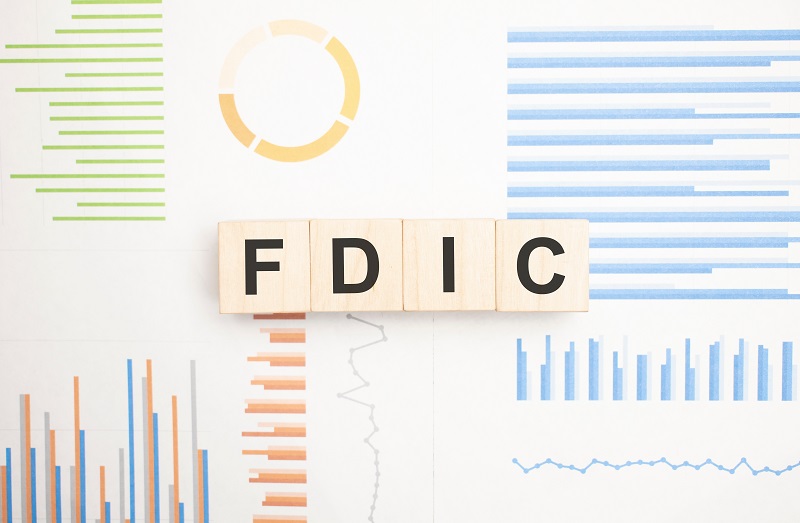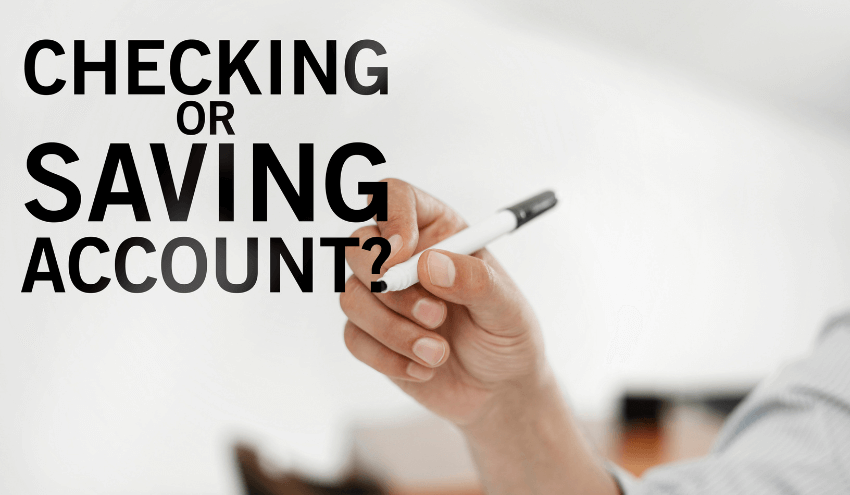What does FDIC Insured mean?
The Federal Deposit Insurance Corporation (FDIC) is an independent federal agency that insures money deposited by the public in the unlikely event of a bank system failure. The FDIC has been empowering the public to place their money in banks since 1933, after being established due to a bank system failure during the Great Depression. The system failure occurred when depositors requested money that the banks didn’t have on hand (because it had been lent or tied up in other banking activities). This triggered a domino effect, and quickly spread across financial institutions, causing distrust and panic among the public. The FDIC was able to encourage a return to stability in the bank system. Today, there are thousands of FDIC-insured banks across the United States that are fully backed and supported by the United States government.
What if there is a Bank Failure?
In the unlikely event that there is a bank system failure or a single insured bank fails, the FDIC will match the depositor’s account dollar-for-dollar, up to the insured amount. The FDIC acts quickly to ensure depositors get prompt access to their money.
How Much Does FDIC Insure?
The FDIC provides an important benefit for customers with the standard insurance amount of up to $250,000 per depositor, per ownership category, per institution. Getting FDIC insurance is not an extra cost, as the coverage is automatic for customers who open a checking account with a bank that is FDIC-insured.
Should you keep more than 250K in the bank?
Because FDIC insures up to $250,000 per depositor, per ownership category, per institution, anything above that would not be insured. However, there are three options to work around this.
- Add a joint owner – this increases your insured maximum to $500,000 (up to $250,000 per depositor).
- Open an additional account at another bank (up to $250,000 per institution)
- Get an account that’s in a different ownership category (up to $250,000 per ownership category)
FDIC insurance coverage applies to several ownership categories:
- Single accounts (owned by one person without beneficiaries).
- Joint accounts (owned by more than one person).
- Certain retirement accounts, including IRAs.
- Revocable trust accounts.
- Irrevocable trust accounts.
- Corporation, partnership, and unincorporated association accounts.
- Employee benefit plan accounts.
- Government accounts.
Are All Bank Accounts Insured by the FDIC?
Being FDIC insured is not required by law. However, most banks in the United States are FDIC insured and use it as a selling feature for their accounts. This makes it almost impossible for banks that are not FDIC insured to compete with those that are.
It’s commonly asked if both checking and savings accounts are FDIC insured. The answer to that is yes! Checking and savings accounts that fall into the same ownership category (i.e. single ownership, joint ownership, trusts, etc.) are added together when calculating the maximum coverage of $250,000 per depositor per institution.
In general, only depository accounts have FDIC coverage. See the lists below of accounts that are and are not insured.
What Accounts Are FDIC Insured?
- Checking accounts
- Savings accounts
- Money Orders
- Cashiers checks
- (NOW) Negotiable Order of Withdrawal accounts
- (MMDAs) Money Market Deposit Accounts
- (CDs) Certificates of Deposit accounts
- Prepaid cards (assuming certain FDIC requirements are met)
What Accounts Are Not FDIC Insured?
- Annuities
- Bond investments
- Life insurance policies
- Stock investments
- Mutual funds
- Municipal securities
- Safe deposit boxes or their contents
- U.S. Treasury bills, bonds, or notes
Is TAB Bank FDIC Insured?
Yes, TAB Bank is an FDIC member, insuring depositors to the maximum allowed by law (up to $250,000 per depositor per ownership category). Remember that individual and joint accounts are insured separately, so if you have both types of accounts with us, your total deposits can be insured up to $500,000; that’s up to $250,000 in all your individual accounts, and up to an additional $250,000 per holder for your joint accounts.
This insurance provides account holders with financial security and protection. Choosing a checking account that is FDIC insured is one factor in helping you consider which bank to choose. Learn more about what additional factors to consider when looking for a new bank.
About TAB Bank
TAB Bank is an online bank, providing reliable services since 1998. Committed to equipping customers with the best technology-driven support for financial success. Learn more about our accounts for business and personal saving accounts, plus many more.



